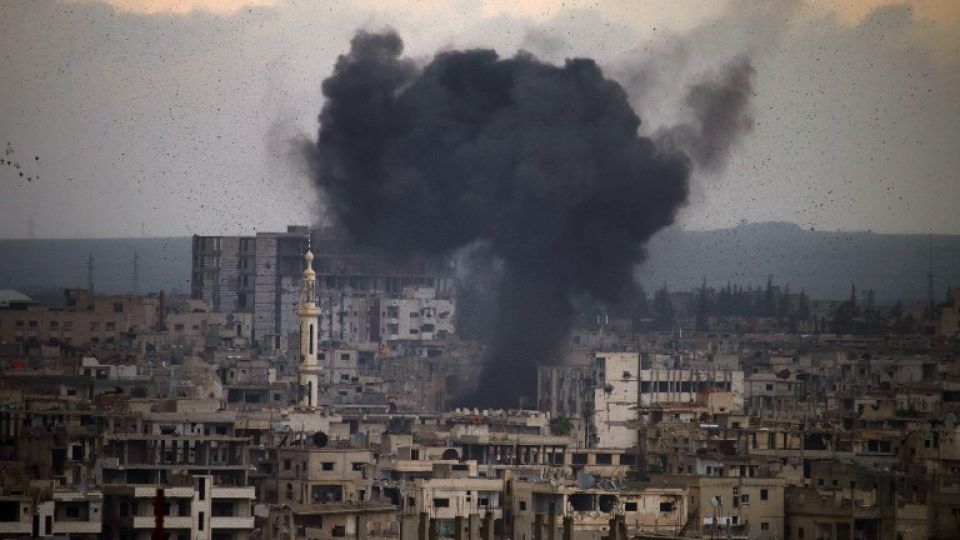April 18, 2018
Saturday’s missile strikes on Syria were so restrained as to be utterly ineffective.
The operation had to be calibrated against strong political considerations. The coalition’s message had to be stern, but not so stern that it could upset Russia, the Assad regime’s main backer, and provoke Moscow to retaliate. Given the need for such restraint, though, we wonder how effective the operation could possibly be. Moreover, the regime had plenty of time to move its chemical stockpiles once the campaign started.
Recent history has shown that Assad has no qualms about using chemical weapons against his own people. Yet the weekend’s missile strikes did nothing in terms of changing the situation politically, ideologically or on the battlefield. US President Donald Trump ordered a similar strike last year in response to another chemical attack on civilians. Some commentators called the move “presidential”, but, like this past weekend’s attack, it was far from being a game changer. And the fact is that Assad has no real reason to heed such raids because he is convinced he will not be severely punished if he continues unleashing chemical weapons.
The problem thus becomes one of easing up on operational and political restraints and escalating future attacks to ensure they serve a meaningful purpose.
To be sure, the West’s timidity to act on the plight of the Syrian people and especially the refugees makes it seem uncaring, complacent and perhaps even complicit. The attack on the Syrian chemical production sites at the weekend was supposed to redeem the West’s credibility. However, the operation struck many as being a US military offensive. It is doubtful that, if Trump had not gone through with it, France and Britain would have proceeded. They needed America to lead the way.
Meanwhile, Trump’s abrasive character and the fact that he is foundering in domestic problems serve to cast him as a wholly inappropriate leader in any sort of effort to bring peace to Syria. Days before the air assault, Trump had even forecast in a speech that the US would be withdrawing its military from Syria “like, very soon”. What effect did the bombing have on that plan? Fundamentally, what is Trump’s policy on Syria?
During the administration of Barack Obama, it was clear that the US wanted Assad removed from power. Now it might seem that Washington’s Syria policy has been reduced to merely reacting whenever Assad steps across the red line and uses chemical weapons. Any thought of regime change has disappeared, and so has any comprehensive planning to go to the rescue of Syrian civilians.
While it is admirable that the Western powers will not let chemical attacks go unanswered, whether in Syria or anywhere else in the world, for such military responses to have any meaning, the consequences will have to be much graver. If they are not, such operations can only be self-defeating.


